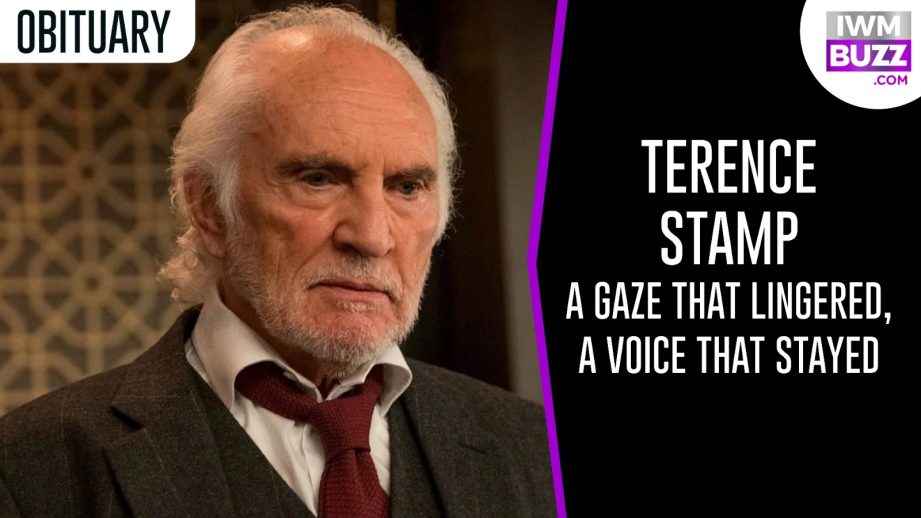
When Terence Stamp first appeared on screen in Billy Budd in 1962, audiences knew they were witnessing something rare: an existence that was at once vulnerable and magnetic, intangible and grounded. His performance as the innocent sailor condemned to death not only earned him an Academy Award nomination and a Golden Globe, but it also marked the arrival of a new kind of leading man, working-class, emotionally complex, and unmistakably modern.
Stamp, who died on 17 August 2025 at the age of 87, was not merely a product of his era; he helped define it. A born-and-bred East Londoner from Stepney, Stamp saw very humble beginnings. The early life of Stamp was shaped along the lines of wartime austerity and Blitz resilience, the son of a ship stoker. What may have set Stamp on acting was a childhood trip to see Gary Cooper in Beau Geste. To the young Terence, acting was an escape; it was expression and perhaps salvation.
His rise in the 1960s was meteoric. In a single decade, he shared the screen with Laurence Olivier, romanced Julie Christie and Jean Shrimpton, and became a fixture in the heady swirl of Swinging London. The Kinks famously immortalised their romance with Christie in Waterloo Sunset, “Terry and Julie” crossing over the Thames, unaware they were becoming icons.
But Stamp never played the fame game conventionally. He turned down Alfie, a role that made his flatmate Michael Caine a star, and later passed on James Bond, pitching a version of 007 that was far too radical for the producers’ taste. He moved from Hollywood to Rome, then even further to India; perhaps he was in search of some sliver of identity that the glare of the spotlight did not give to him. In the 70s, his career was stalled. For a brief moment, it looked like Terence Stamp would become a footnote in the flash of success in the 1960s. But like all world-class actors, he found a way. In 1978, he returned to the public eye with icy menace as General Zod in Superman, a role that reignited his screen career and revealed a new side of his talent: the elegant villain.
It was a quality he carried into countless roles — The Hit, The Limey, The Company of Wolves, and beyond. But it was his performance in The Adventures of Priscilla, Queen of the Desert (1994) that pinned him as a legend. As Bernadette, a transgender woman journeying through the Australian outback with two drag performers, Stamp silenced the doubters and astonished the fans. Vulnerable, defiant, and oh so human, it was a career-defining character for a man who was never afraid to reinvent himself.
Stamp worked prolifically into his 80s. In A Song for Marion, he earned a BAFTA nomination as a grieving husband rediscovering his voice through music. In Star Wars: Episode I, he appeared briefly but memorably as Chancellor Valorum. And in Last Night in Soho, he made one final flickering appearance, silver-haired, mysterious, and unmistakably him.
Off-screen, Stamp was spiritual, reflective, even reluctant. He didn’t chase roles, nor did he cling to fame. He married only once, late in life, and admitted to taking on challenging roles when rent was due, but never stopped striving for truth when the role allowed.
Terence Stamp didn’t so much build a career as carve a legacy, slowly, with care, over decades. He was the naïve boy, the seductive sergeant, the icy tyrant, and the soulful queen. He wore each role lightly, and yet each one bore his mark.
He is gone now, but the echo of his voice, that brooding gaze, and that rare ability to hold silence like a soliloquy will endure. Terence Stamp never needed to shout. He was.
And that was enough.
